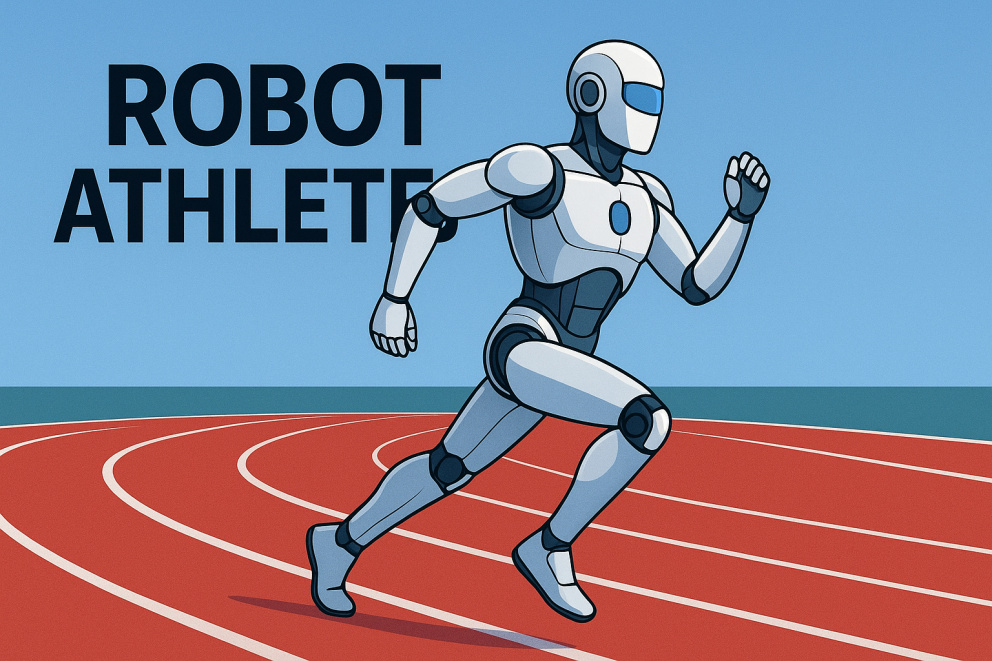Robot Athletes Compete in World’s First Humanoid Games in China
A
Historic Moment in Robotics and Sports
In a groundbreaking event that could shape the future of
robotics and athletics, China has hosted the world’s first Humanoid
Robot Olympics, where advanced bipedal machines competed in sports like
sprinting, weightlifting, and even soccer.
The competition, held in Beijing China, brought together
engineers, AI researchers, and robotics enthusiasts to witness a new era where
humanoid robots perform athletic feats once exclusive to humans.
Events at
the Humanoid Games
The games featured several challenges designed to test the
robots’ agility, strength, and coordination:
- Sprinting –
Bipedal robots raced on tracks, with some reaching speeds of up to [X]
km/h.
- Weightlifting –
Mechanical athletes lifted weighted objects using advanced motor control.
- Soccer –
Teams of humanoid robots dribbled and passed, showcasing AI-driven
teamwork.
- Obstacle
Course – A test of balance and adaptability with hurdles and
uneven terrain.
Why This
Event Matters
- Advancing
Robotics Technology – Pushing robots to perform dynamic,
real-world tasks accelerates innovation in AI, mobility, and dexterity.
- Future
Applications – These robots could eventually assist in disaster
response, elderly care, or even space exploration.
- Entertainment
& Sports – Could we see a ’Robot Olympics’ alongside human
games in the future?
Challenges
Faced by Robot Athletes
While impressive, the event also highlighted hurdles:
- Balance
Issues – Some robots struggled with sudden movements.
- Energy
Efficiency – Many required frequent recharging.
- Cost –
High-end humanoids remain expensive to develop.
What’s
Next for Humanoid Robot Sports?
Organizers plan to expand the competition with more events
and international participation. With companies like Boston Dynamics,
Tesla (Optimus), and Chinese robotics firms rapidly advancing humanoid
tech, future games could become a major spectacle.









